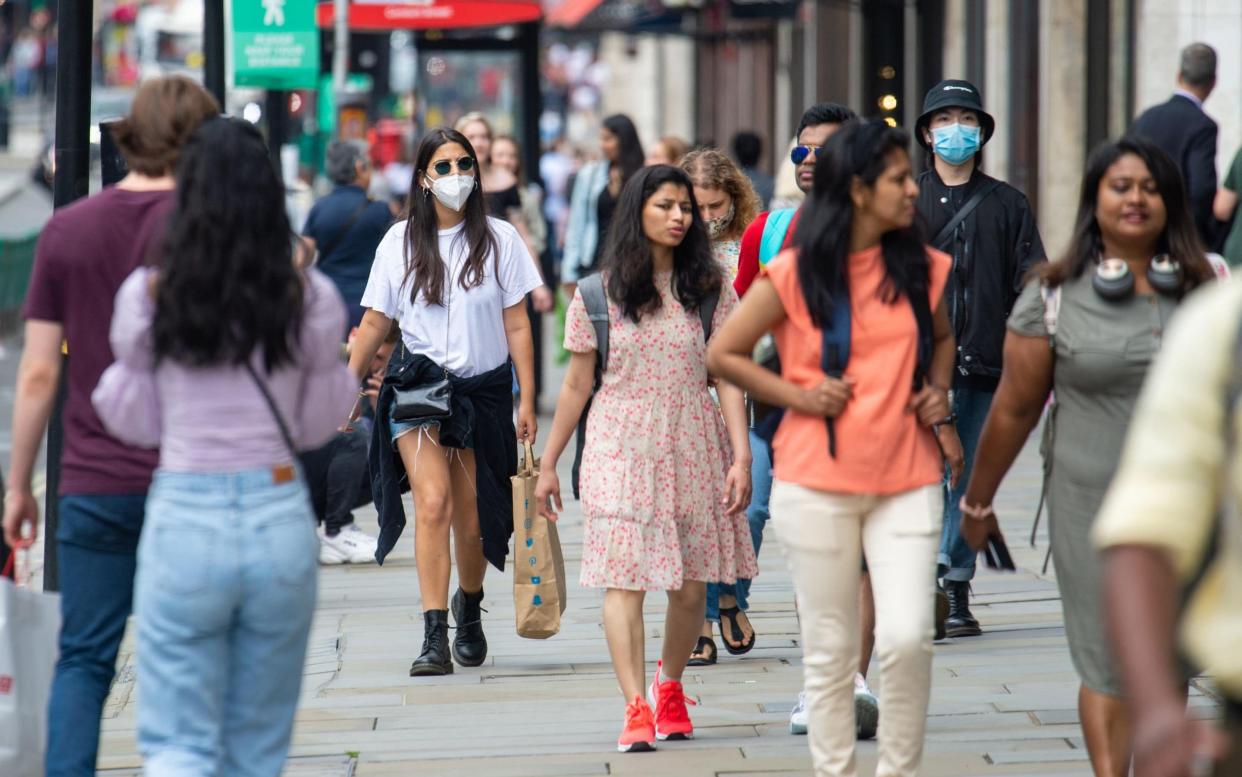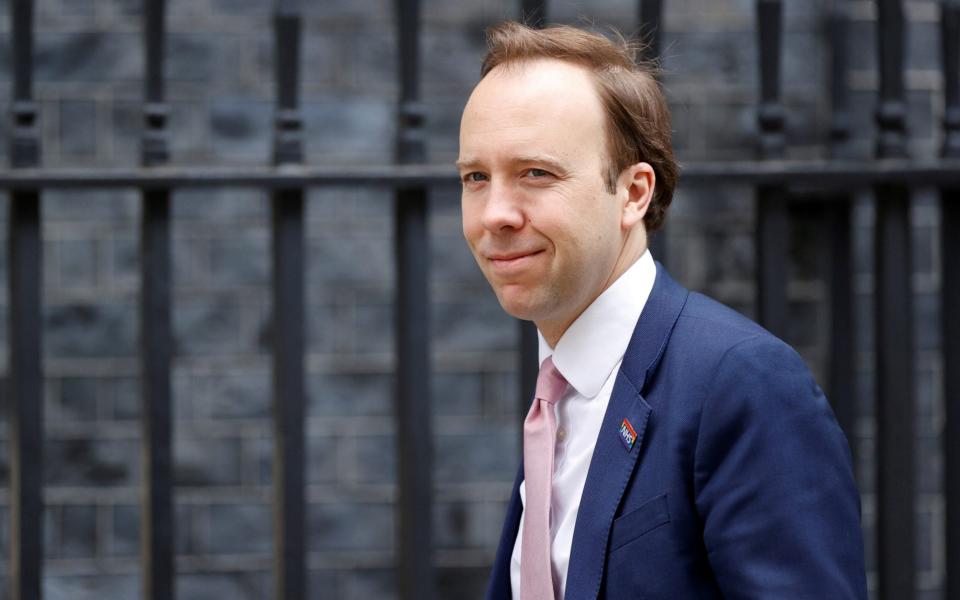Matt Hancock urges young people not to 'infect their grandparents' as coronavirus cases spike


Matt Hancock has appealed to young people not to “infect their grandparents”, as nearly 3,000 new cases were announced on Sunday, the highest daily total since May.
Describing Sunday’s toll of 2,988 as “concerning”, the health and social care secretary said the rise in cases among young people risked a spike across the population as a whole. It follows 1,175 announced on Saturday.
Public Health England (PHE) said there had been broad increases across the whole of England in recent days and that no single area accounts for the surge.
However, Birmingham, which has teetered on the edge of being returned to lockdown for more than a fortnight, saw the largest increase in overnight cases, while the majority of new infections were in the north of England.
Scotland recorded 208 new cases on Sunday, the highest daily increase for more than 17 weeks.
“The cases are predominantly among younger people, but we've seen in other countries across the world and in Europe, this sort of rise in the cases amongst younger people leading to a rise across the population as a whole,” said Mr Hancock.

“It's so important that people don't allow this illness to infect their grandparents, and to lead to the sorts of problems that we saw earlier in the year.”
Professor Paul Hunter, Professor in Medicine, UEA, said: “Today’s reported number of cases is the largest new cases reported in a single day since May. This is especially concerning for a Sunday when report numbers are generally lower than most other days of the week."
He added: “Some of that increase may be because of catch up from delayed tests over the past few days due to the widely reported difficulties the UK testing service has faced dealing with the number of tests being requested. Nevertheless this represents a marked increase in the 7 day rolling average of 1812 cases/day compared to 1244 a week ago and 1040 a week before that.

“Fortunately, the daily reported numbers of deaths due to Covid-19 remain very low with a 7 day rolling average of just 7 deaths/day. However, with the new approach to recording deaths it is difficult to be confident that there are timely statistics. It will be another two or even more weeks before we can really expect to see any impact on mortality figures."
The spike comes as a leaked PHE analysis of cases in the north revealed officials have questioned the point of local lockdowns on the basis that the virus has become endemic in parts of England.
An analysis of Covid levels in parts of the North found that even the national lockdown had failed to bring transmission down to near zero, as it had in most of the country.
The authors ask: “If these areas were not able to attain near-zero Covid status during full lockdown, how realistic is it that we can expect current restriction escalations to work?”
Leaked to the Observer, the analysis points to a tension between epidemiologists at PHE and government policy, which is to impose local lockdowns in response to case numbers rising.
Leeds was added to an official watchlist of “areas of concern” on Friday, with the city council pointing to young people attending house parties as a significant cause of the rise in cases.
The latest figures suggest that the five worst-hit areas are all currently in the north-west.
Bolton had 98.1 cases per 100,000 people over the last seven days, with 63.2 in Bradford, 56.8 in Blackburn and Darwen, 53.6 in Oldham and 46.7 in Salford. This is compared to 5.2 across Kent, 3.2 in Southampton and 5.9 in Milton Keynes.
The document draws strong associations between stubbornly high infection rates and deprivation, poor housing and large BAME communities.
“The overall analysis suggests Bolton, Manchester, Oldham and Rochdale never really left the epidemic phase – and that nine of the 10 boroughs [of Greater Manchester] are currently experiencing an epidemic phase,” the document states.
It continues: “Each region has experienced its own epidemic journey with the north peaking later and the NW [north-west], Y&H [Yorkshire and Humber] and EM [East Midlands] failing to return to a near-zero Covid status even during lockdown, unlike the other regions which have been able to return to a near pre-Covid state.”

 Yahoo News
Yahoo News 
